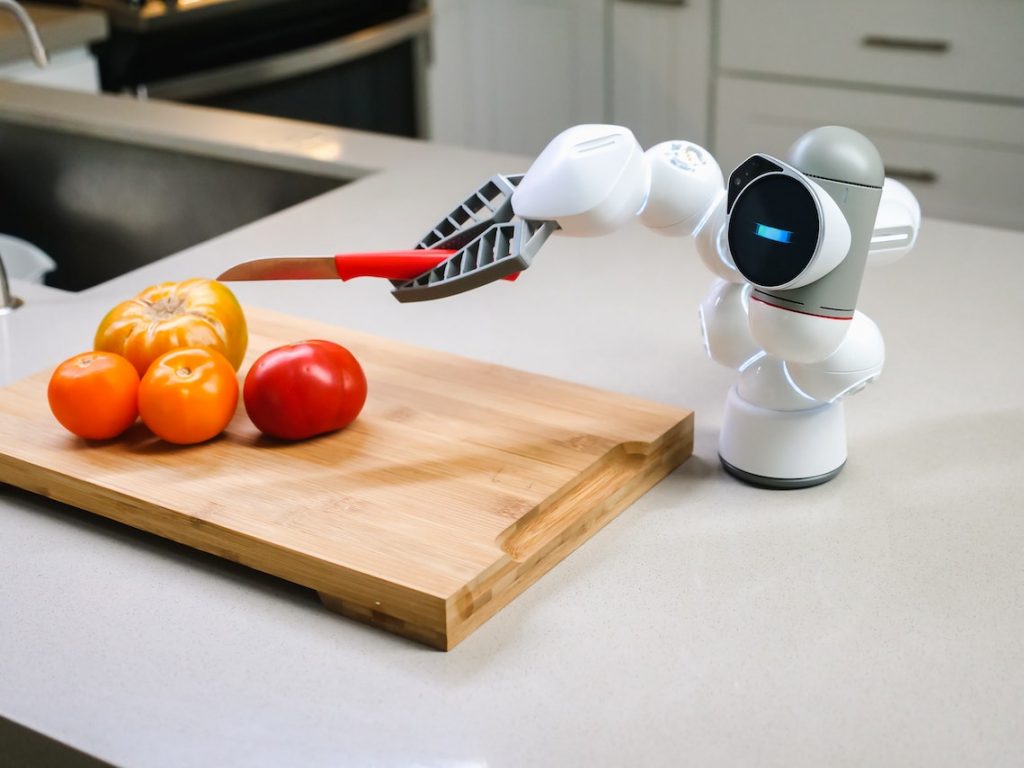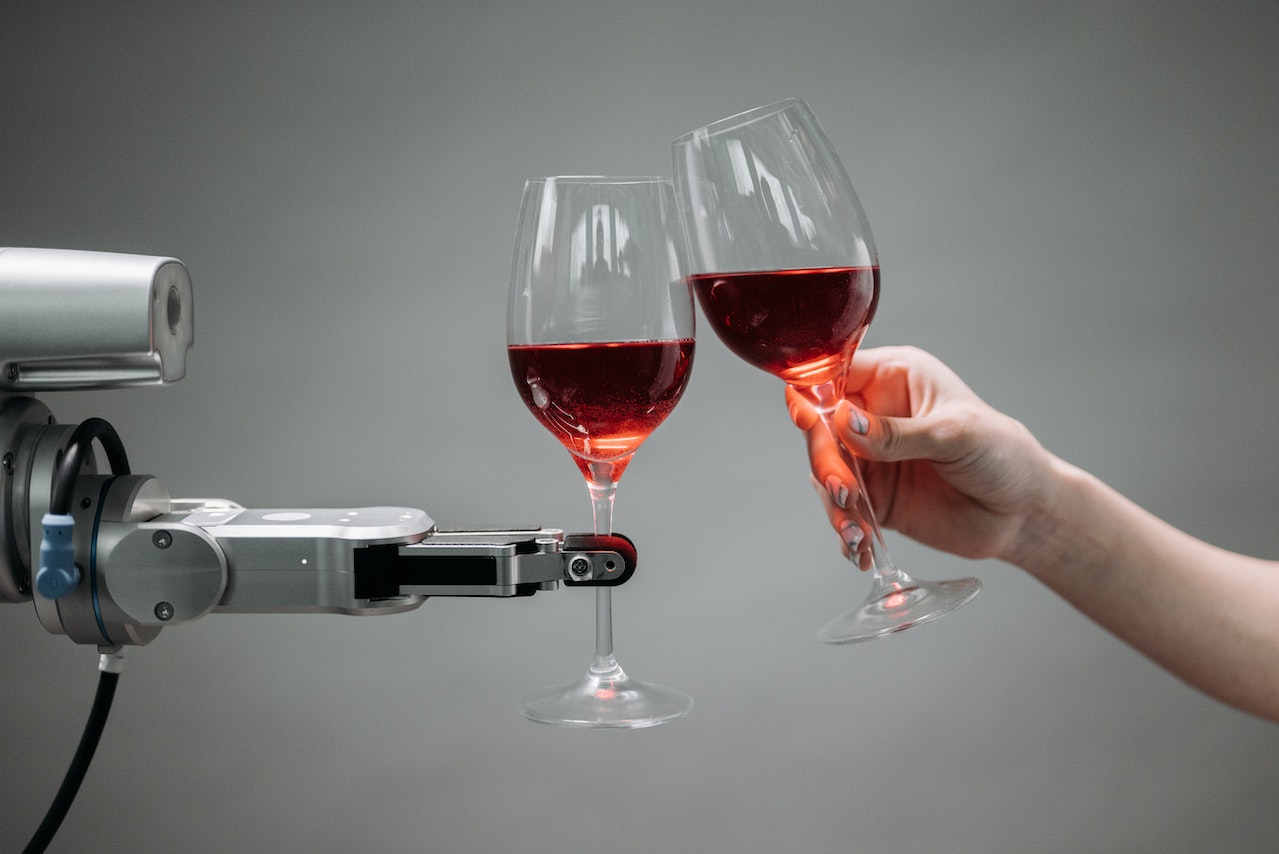There are numerous claims about the capabilities of artificial intelligence. Some claim that it will replace 16% of jobs by 2025. Some say that AI will become smarter than human beings. While these claims are very intriguing, they are not all accurate. There are several important facts about AI. Listed below are just a few of these facts. (Also Read: Identify Your Real Treasures and Finally Let Go)
Artificial Intelligence is a marketing tool
Artificial Intelligence (AI) is a powerful tool for marketers and sales teams to make their jobs easier. It is able to determine the best way to reach a particular audience and create content and branding visuals to attract them. The main thing for marketers to remember when using AI in their marketing strategies is to find the right platforms for their particular business.

When used correctly, Artificial Intelligence can increase customer engagement, increase loyalty, and increase lifetime value. In fact, 76% of consumers expect businesses to tailor their offers to their preferences, and 55% of organizations are already implementing AI into their marketing practices. This technology is especially valuable for e-commerce and retail environments, where personalized experiences are essential to the success of a company.
AI can also help with dynamic pricing. By analyzing massive quantities of competitive data and historical sales data, AI platforms can determine the optimal price for a product. This allows brands to adjust their prices to match demand and boost sales. Furthermore, AI can be used to identify customers at risk of buying a particular product or service and target them with a customized message.
One example of an AI-driven marketing tool is Hootsuite. It helps business owners manage multiple social media profiles and create impactful social media posts. It offers four plans: professional, team, business, and enterprise. It also analyzes and predicts market trends, which can be used to create content marketing plans.
Another area where AI is having a significant impact is customer service. Many chat functions and direct-to-consumer engagement avenues are now automated, thanks to AI bots. These systems are saving companies money and time by analyzing huge amounts of customer data. Furthermore, these artificial intelligence tools can deliver superior customer experiences and increase conversions.
Another tool that uses Artificial Intelligence to analyze content is Grammarly. This AI tool automatically evaluates content and suggests improvements to SEO and linguistic ability. It can also help writers maintain a consistent tone.
It will replace 16% of jobs.
Artificial Intelligence, or AI, is a powerful tool for automating business processes. With AI, smart machines can take on independent roles, and human employees will no longer have to spend hours coordinating and delegating tasks. The robots will also help organizations monitor employee performance and determine whether they need to upsize or downsize according to predicted workloads. By 2030, AI algorithms will be capable of performing more tasks than human employees.
Some experts predict that by 2030, AI will eliminate up to 16% of jobs in the United States. This will be most felt in China and North America, where AI will be most prevalent. However, PwC estimates that by 2025, up to 38% of U.S. jobs could be automated, with many industries at risk. These technologies could threaten everything from factory workers to taxi drivers. Below, we’ll take a closer look at ten professions that may be affected by AI in the next decade.
AI is already replacing some of the most mundane tasks in the workplace. The technology is able to complete more complex tasks, freeing up employees for more creative work. It’s already doing some of the work that human employees once did, such as data entry and research. This will allow workers to focus on higher-value work and create new jobs. Some people may start new businesses or expand existing businesses. These new job opportunities will offset some of the jobs that AI may replace.
Although AI is already replacing jobs, it isn’t ready to replace human workers in every job category. For instance, it still can’t reliably predict complex scenarios. However, AI can help humans with problem-solving and help them understand complex scenarios. It is also accelerating the demand for data scientists, robotics engineers, and machine learning engineers.
As AI and machine learning become more advanced, more human workers will lose their jobs. While this trend may sound scary, it will also bring benefits to our society. Artificial Intelligence can free us from work-related tedium and give us more time to pursue meaningful careers.
It will create $7 trillion in value by 2025.
Artificial intelligence is a disruptive technology that will transform many industries. This technology has the potential to automate a vast number of jobs, from manufacturing and transportation to wholesale and retail. Experts believe that by 2025, AI could eliminate up to 7% of American jobs. AI will also transform the way we communicate and conduct business.
AI will also enable manufacturers to make better products and services by identifying inefficiencies in manufacturing processes and reducing costs. For example, robots can perform recurrent tasks without human intervention, increasing production efficiency. Additionally, these robots can use computer vision to screen and inspect processes. According to McKinsey, AI in manufacturing will increase yield by 30% and cut costs associated with testing and scrap.
Leaders in AI adoption are likely to benefit the most. In the short term, these companies will see annual net cash flow growth of 6%.However, they may have to push themselves to capture this higher productivity growth. These countries often have aging populations and high wage rates, which makes them more susceptible to replacing labor with machines.
By 2025, mobile computing devices will dominate internet connectivity. In addition, artificial intelligence will continue to advance and replace knowledge work. Meanwhile, the market for virtual and augmented reality will grow to $80 billion.By that time, a new ecosystem of consumer and enterprise applications will emerge to help businesses and consumers make the most of the new technologies.
AI adoption is not linear; it may accelerate at a faster pace than other technologies, thereby adding up to three times more value by 2030. While the early adopters have already seized these opportunities, the late laggards will have to work harder to develop their capabilities and recruit talent. If this happens, AI will create an additional $7 trillion in value by 2025.
It will become smarter than humans.
There are a number of concerns regarding the ability of AI systems to become smarter than humans. These concerns include the speed at which AI learns new tasks and the fact that the system is limited in what it can learn. In addition, AI systems are not animate individuals and cannot form independent thoughts or emotions. However, they can apply what they know from one situation to another.
In addition to making decisions faster than humans, AI can simulate the evolution of the brain and develop complex patterns that humans would not have noticed otherwise. For example, an AI program can detect signs of lung cancer using images of the lung and predict lung cancer with 94% accuracy.This capability is on par with that of a radiology expert. In addition, the program outperformed physicians with one scan.
While most experts expressed some concerns about AI, many were open to discussing possible pathways to solving these problems. Although superintelligence is not yet a reality, this development will undoubtedly lead to some of the most profound changes in society. This study provides an overview of some of the questions that are most commonly asked of experts in the field of AI.
The first major question is whether AI will become smarter than humans. The answer is not in the ability of AI to think like a human. While many scientists think that artificial machines will be able to mimic human thought, the reality is that this will be largely dependent on how far we can improve human capabilities. As long as we keep training our AI, the technology will continue to improve and become smarter.
A further question is whether AI will become smarter than humans. Some futurists believe that AI will eventually become smarter than humans. If it does, this will create a technological singularity. At that point, AI will be able to make decisions that humans cannot.
In other words, AI will eventually be able to compete with humans in games and the arts, produce music, and replicate themselves. In medicine, Artificial Intelligence will be able to analyze medical records and help with diagnosis and treatment. The future is bright for AI as automation becomes the norm across all industries.(Also Read: 25 Meaningful Things You Can Do in 30 Minutes or Less)












